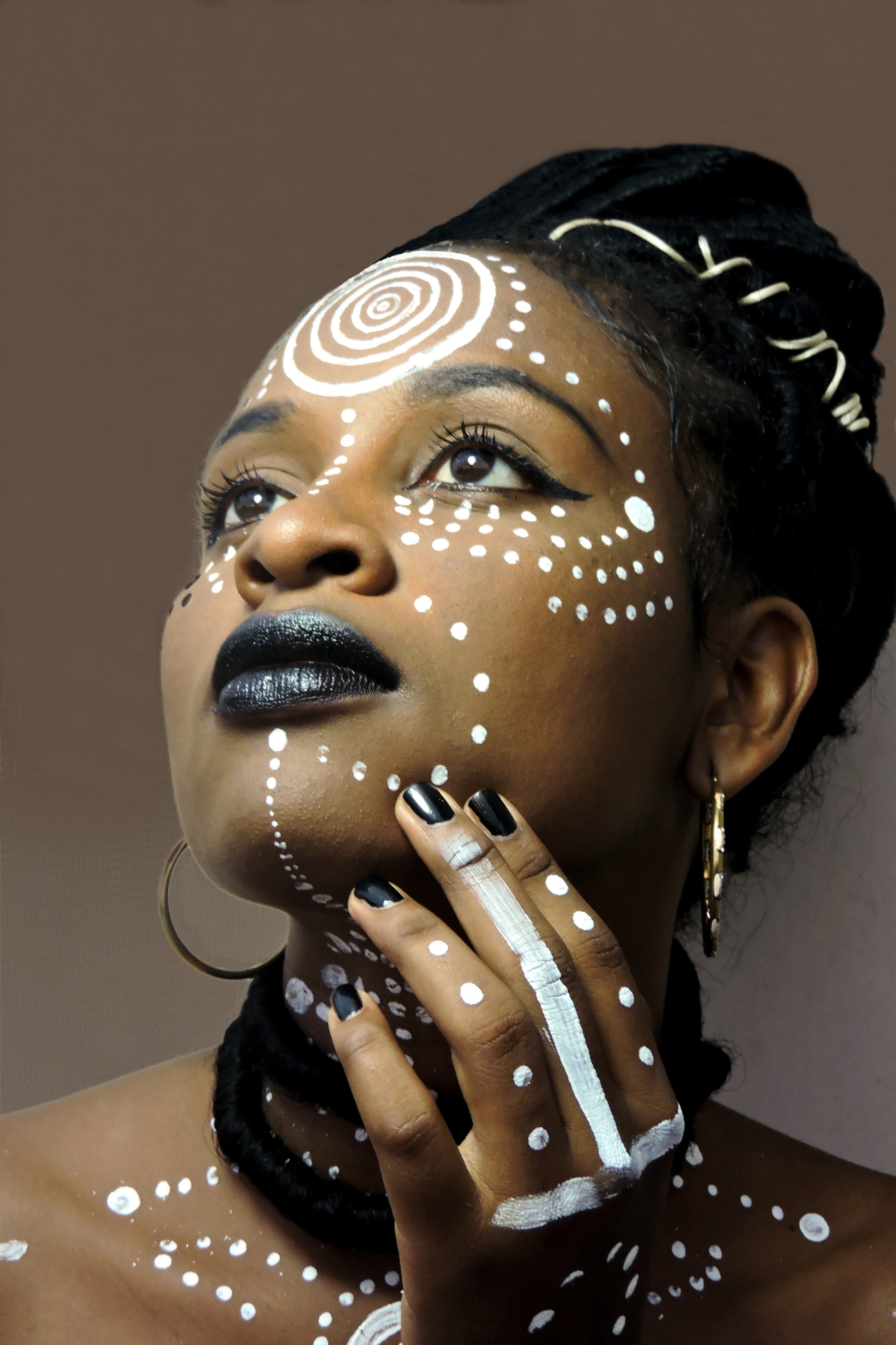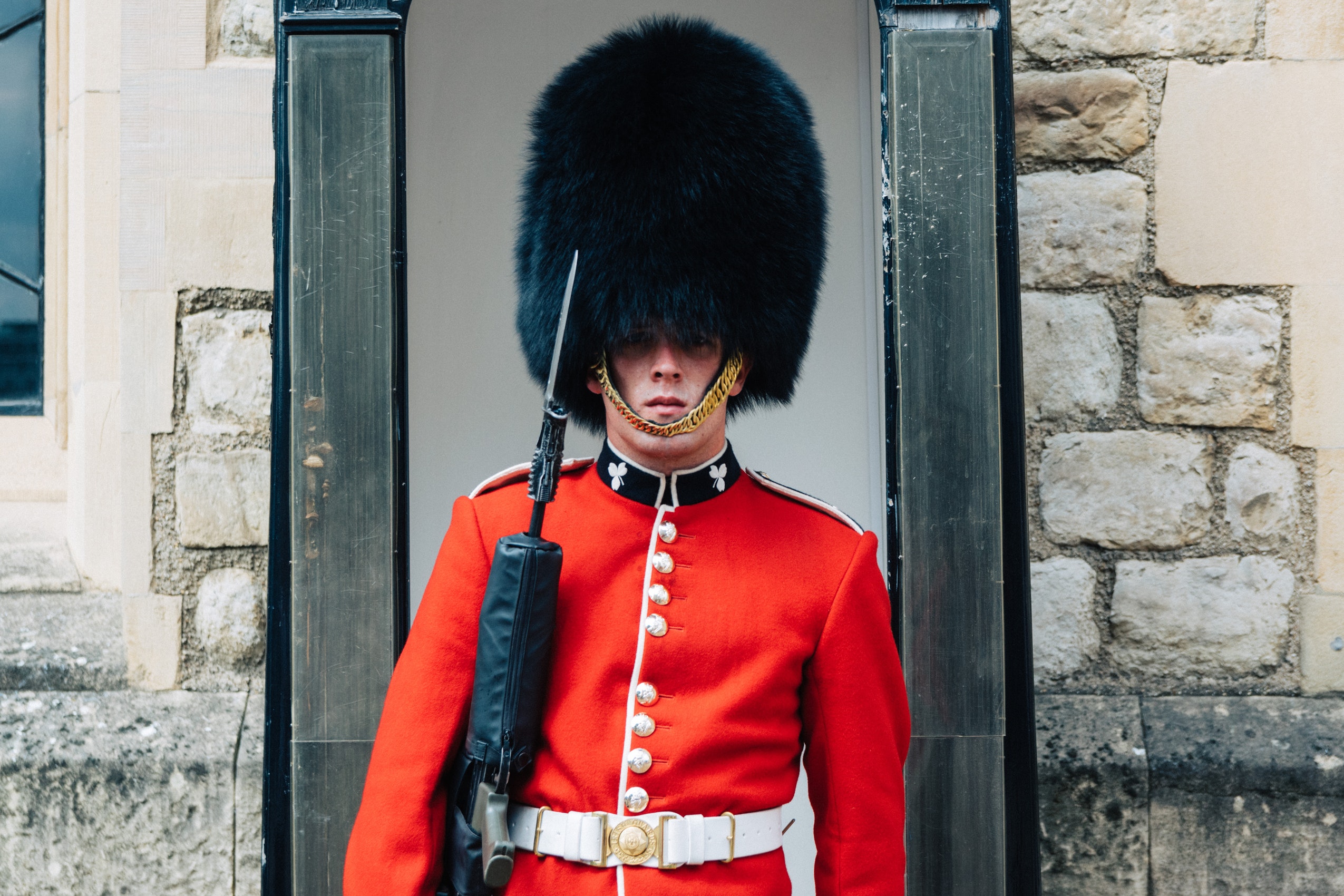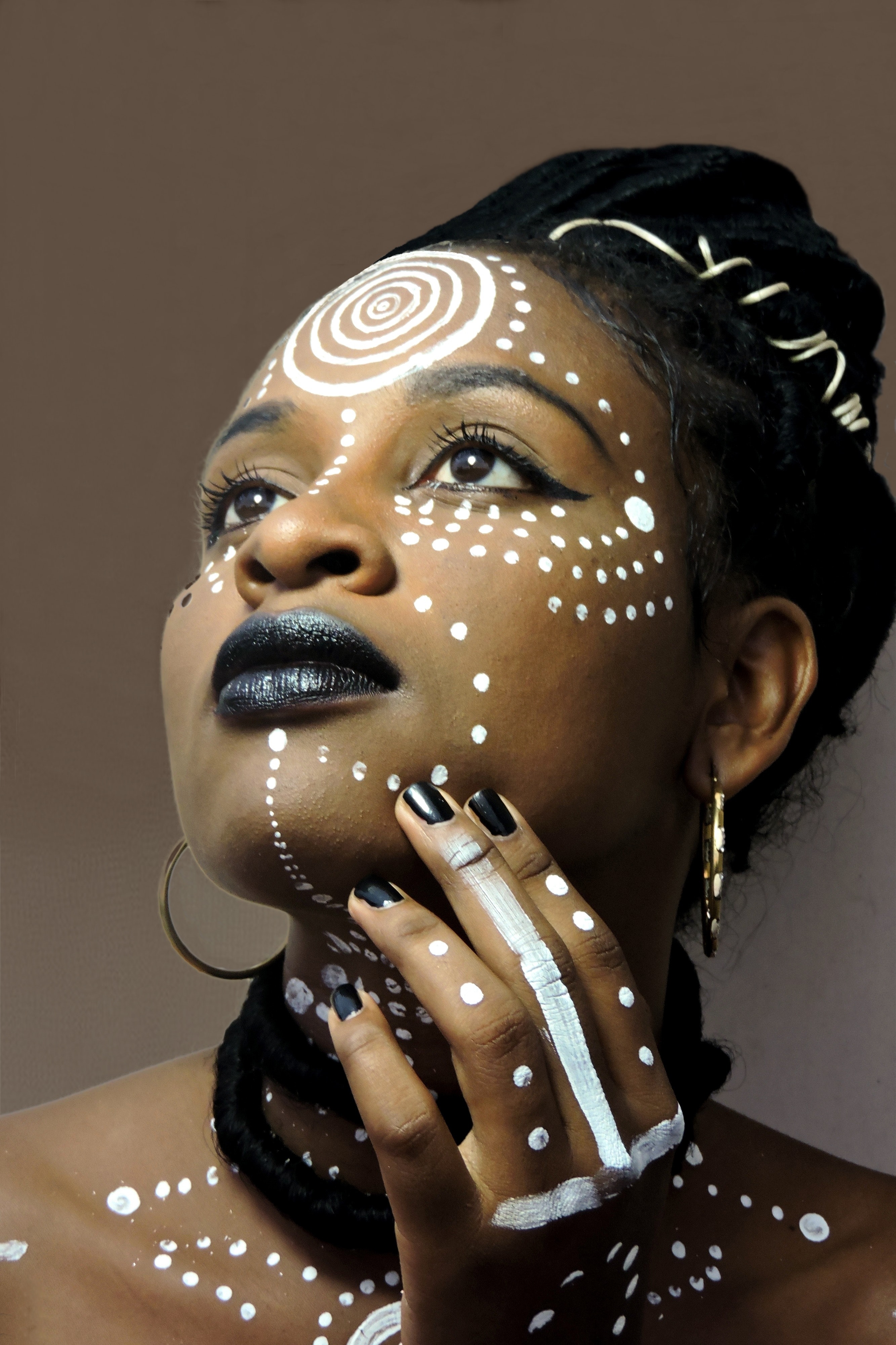
For many of us, Elizabeth Queen of England has been reigning long before we were born. I grew up knowing there was a beautiful woman who was also kind of our Queen. She controlled her kingdom, and her subjects love and respected her. Ancient and modern African royalty is completely opposite to this.
English royalty vs Nigerian royalty
Concerning Africa, I will always refer to Nigeria because that is my direct experience. But do note that Africa is vast, and I look forward to featuring stories from West, East, North and South Africa in upcoming series.
In Nigeria, royalty is given within the tribes, village or community. It meant every town has her king and every community her chief. As opposed to the English kingship system, the ascension to the throne by a king or head in the traditional Nigerian society works through the patriarchal system (the male line), and such a person must belong to one of the ruling houses that exist within the royal family. There is usually little or no regards on the matriarchal line in the conferment of kingship title to a person.
Ancient Africa
In ancient Africa there were only a handful of well-known queens, so I was happy when I discovered Queen Aminatu of Zaria who ruled Zazzau in Hausaland in Northern Nigeria in the 16th century.
I claim some royal blood through my mum who is a princess, and so was my maternal grandmother. It means that I can trace my mother’s lineage back to a few centuries. Unfortunately, most histories are transmitted orally. To-date, African kingship and other royal titles are great ceremonies and taken very seriously.
God Save the Queen!
Queen Elizabeth was just one queen that ruled a powerful nation – a continuous source of fascination. Indirectly, in blistering, sweltering, sunny, crazy beautiful Nigeria, I became a kind of royalist. Something that is somewhat considered old fashioned and uncool. But there you are!

When Prince Charles (dad was happy to share the fact that he sowed his wild oats and that he was 33 years old at that time) got married to Diana, it was a great occasion. I continued the tradition when William and Kate got married by inviting friends round to eat, drink and dance. We loved Diana and celebrated her son’s happiness. I made a feast of Suya and plenty of drinks. I could not disappoint when Harry got married the Mehgan. It was emotional, and I was happy at their happiness.
At the same time the marriage of the leading Oba of yoruba land, the Ooni of Ife to a sophisticated ‘girl about town’ whom many traditional Yorubas disapproved of, fascinated me and many Nigerians. We avidly followed their lives on Google. Was she pregnant? Was she not. It was disappointing that she skipped out of that marriage so quickly.
What does it mean to be royalty in Nigeria?
A lot! You have to follow tradition, and be willing to go into native worship and rituals. Obas also tend to marry more than one wife and in times past snatched the ones that please them too. For instance, my maternal grandmother was a beautiful woman whose teenage life ended when she was seized on the street by Oba’s men while running an errand for her mother in the next town. Her father, who was also an Oba, agreed for her to join the royal house and she became a royal wife.
Living and enjoying this dual existence has enriched my life and added a depth that I will continue to celebrate and share.


